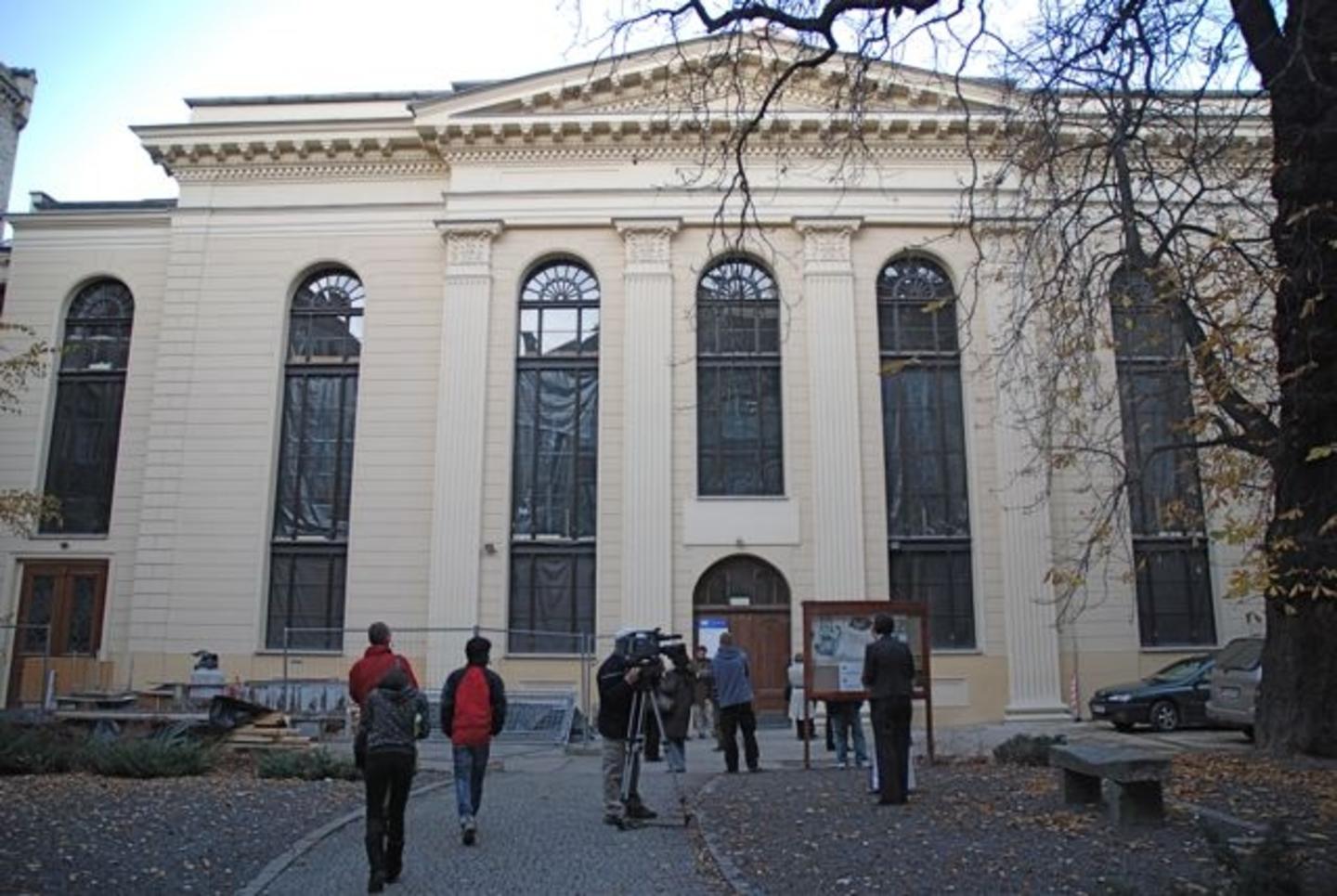To mark the 70th anniversary of the Warsaw Ghetto Uprising, a new museum dedicated to the history of Polish Jews opened in Warsaw. The Museum’s outreach activities are supported with €3,000,000 from the EEA and Norway Grants.
Before the Second World War, Poland was home to the largest population of Jews in the world. There were 3.5 million Jews in Poland before the War. Now they number only a few thousand.
Interest in Poland’s thousand-year-old Jewish heritage has recently gained renewed interest in the country. The Museum of the History of Polish Jews, which will be opened on 19 April 2013, will present the history of Polish Jews – a story of cooperation and tolerance, but one that also contains some very dark chapters. It is a story that is little known in Poland or in the rest of Europe.
Reviving the memory and raising awareness
The funding from EEA and Norway Grants will, among other things, support the museum’s information and awareness-raising activities targeted at young people in and outside Poland. Norwegian centres of expertise on Jewish heritage and anti-Semitism will take part in this project.
Read more about the project here.
“Poland has a unique Jewish heritage that is important not only for Poland but also for Europe as a whole. I am pleased that Norway is helping to make this history better known through the EEA and Norway Grants,” said Norwegian Minister of Foreign Affairs Espen Barth Eide.
The museum has been built on the site of the former ghetto, where the uprising started 70 years ago. It is situated next to the monument to the victims of the uprising, in front of which German Chancellor Willy Brandt knelt down on his visit to Warsaw in 1970. The museum will be one of the most important museums of Jewish history and heritage in the world.
Video: Interview with representatives from the Jewish museum's project supported by the EEA Grants.
Supporting Jewish Cultural Heritage in Europe
Poland is beginning to experience a revitalisation of Jewish culture with more popular festivals, new education programmes and more active synagogues in local communities.
The EEA and Norway Grants have also supported other projects aimed at promoting Jewish heritage, religious tolerance, and the fight against anti-Semitism, as well as the restoration of several synagogues in Poland.
Read more about what Iceland, Liechtenstein and Norway are doing to support efforts to combatting anti-Semitism and protecting Jewish Cultural Heritage in Europe through the EEA and Norway Grants here.
